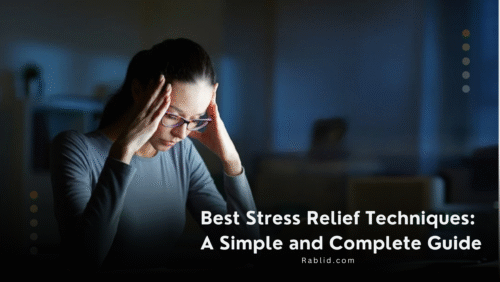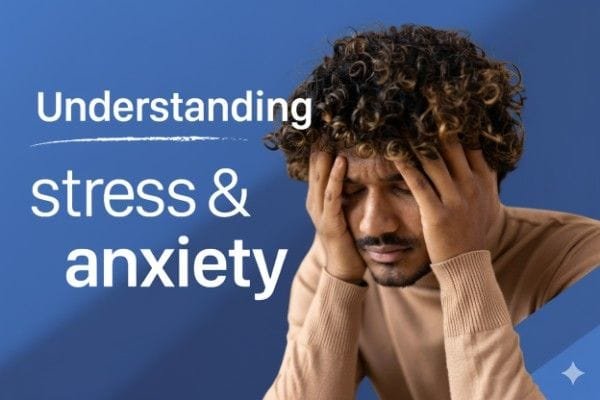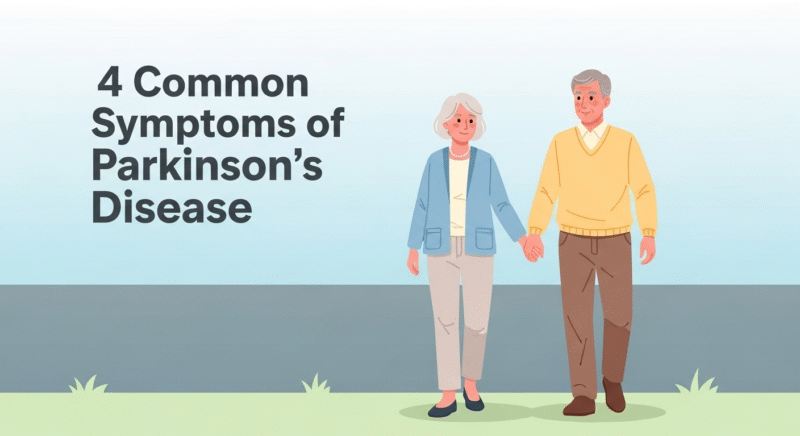Anxiety is more than fleeting nervousness—it’s a relentless undercurrent that disrupts focus, relationships, and well-being. From generalized anxiety disorder (GAD) to panic attacks and social anxiety, its manifestations are as varied as they are debilitating. While medication can provide relief, psychotherapy offers sustainable tools to dismantle anxiety at its core. But with multiple therapeutic modalities available, how does one choose the most effective approach?
The Role of Psychotherapy in Treating Anxiety
Psychotherapy provides a structured yet adaptive framework to dissect and disarm anxiety. Unlike quick fixes, it cultivates resilience by addressing cognitive distortions, emotional triggers, and behavioral patterns. The right therapeutic method can mean the difference between temporary respite and lasting transformation.
Cognitive Behavioral Therapy (CBT): The Gold Standard

How CBT Rewires Anxious Thought Patterns
CBT operates on the premise that thoughts, feelings, and behaviors are intertwined. By identifying irrational beliefs (e.g., catastrophizing or overgeneralization), clients learn to reframe them into balanced perspectives. A person fearing public speaking might challenge the thought, “I’ll humiliate myself,” by examining evidence for and against it.
Evidence-Based Success of CBT for Anxiety
Decades of research underscore CBT’s efficacy. A 2018 meta-analysis in JAMA Psychiatry found CBT significantly reduces symptoms across anxiety disorders, with effects often lasting beyond treatment. Its structured, time-limited nature (typically 12–20 sessions) makes it a pragmatic choice for many.
Exposure Therapy: Confronting Fears Systematically
Gradual Desensitization Techniques
Exposure therapy, a subset of CBT, involves progressive confrontation with feared stimuli. A person with arachnophobia might start by viewing images of spiders, then observe one from a distance, eventually holding it. The brain learns that the anticipated catastrophe doesn’t materialize.
Effectiveness for Phobias and PTSD
This method is particularly potent for specific phobias and PTSD. By disrupting avoidance—a key anxiety maintainer—it rewires the amygdala’s threat response. Virtual reality (VR) exposure therapy has expanded accessibility, simulating triggers in a controlled environment.
Acceptance and Commitment Therapy (ACT): Embracing Discomfort
Mindfulness and Psychological Flexibility
ACT diverges from CBT by teaching clients to accept anxious thoughts rather than wrestle with them. Through mindfulness exercises, individuals observe their inner experiences without judgment. A core tenet is committing to value-driven actions despite discomfort.
ACT vs. Traditional CBT
While CBT targets symptom reduction, ACT focuses on enriching life alongside anxiety. A 2020 study in Behaviour Research and Therapy noted ACT’s comparable efficacy to CBT, with particular benefits for those resistant to cognitive restructuring.
Dialectical Behavior Therapy (DBT): Emotion Regulation
Distress Tolerance Skills
Anxiety often spirals when individuals feel ill-equipped to handle emotional turbulence. DBT, originally developed for borderline personality disorder, excels in teaching distress tolerance. Techniques like “radical acceptance” and self-soothing through sensory engagement (e.g., paced breathing, temperature changes) help clients navigate crises without resorting to avoidance or panic.
Suitability for Chronic Anxiety and Comorbid Conditions
DBT is particularly valuable for those with chronic anxiety coupled with emotional dysregulation or self-destructive tendencies. Its four modules—mindfulness, distress tolerance, emotion regulation, and interpersonal effectiveness—provide a comprehensive toolkit. Research in The American Journal of Psychiatry highlights its efficacy for reducing anxiety in individuals with comorbid mood disorders.
Psychodynamic Therapy: Uncovering Root Causes
Exploring Unconscious Influences on Anxiety
Unlike symptom-focused therapies, psychodynamic therapy delves into unresolved conflicts and childhood experiences that may fuel anxiety. A client who unconsciously associates authority figures with past criticism might unravel why work meetings trigger disproportionate dread. Through free association and transference analysis, latent patterns surface.
Long-Term Benefits and Limitations
This approach demands time and introspection but can yield profound insights. A 2017 study in World Psychiatry found psychodynamic therapy as effective as CBT for anxiety in the long term, though slower to show results. Its open-ended nature may frustrate those seeking immediate strategies, but for others, it fosters deep self-awareness.
Humanistic Therapy: A Person-Centered Approach
Building Self-Acceptance and Personal Growth
Humanistic therapy, championed by Carl Rogers, hinges on unconditional positive regard. Therapists create a nonjudgmental space where clients explore anxiety without pressure to “fix” themselves. The emphasis is on self-actualization—aligning actions with one’s true identity, which diminishes anxiety rooted in incongruence.
The Role of Empathy in Anxiety Treatment
By reflecting clients’ emotions with precision (e.g., “It sounds like you feel trapped by others’ expectations”), therapists model self-compassion. This approach is especially potent for those whose anxiety stems from perfectionism or external validation. However, it may lack the structured techniques some need for acute symptoms.
Interpersonal Therapy (IPT): Addressing Relationship Triggers
Social Dynamics and Anxiety
IPT posits that anxiety thrives in relational contexts—whether it’s unresolved grief, role disputes, or social isolation. A client grappling with social anxiety might explore how early experiences of rejection shape current interactions. IPT’s focus on communication skills and role-playing equips clients to navigate conflicts assertively.
Short-Term Structured Interventions
Typically spanning 12–16 weeks, IPT is pragmatic for anxiety tied to life transitions (e.g., divorce, career shifts). A 2019 meta-analysis in Depression and Anxiety noted its success in reducing social anxiety symptoms by improving interpersonal functioning. It’s less effective for generalized anxiety without relational triggers.
Integrative Therapy: Combining Modalities for Holistic Healing
Tailoring Treatment to Individual Needs
Many therapists blend approaches to address anxiety’s multifaceted nature. A client with panic attacks might benefit from CBT’s cognitive restructuring paired with ACT’s mindfulness to tolerate physical symptoms. Eclectic therapy acknowledges that no single method holds a monopoly on healing.
Case Studies on Blended Approaches
A 2021 Journal of Clinical Psychology study documented a patient with OCD and generalized anxiety who thrived with exposure therapy (for compulsions) and psychodynamic work (for underlying perfectionism). Flexibility is key—what soothes one person’s anxiety may overwhelm another’s.
Choosing the Right Therapy: Factors to Consider
Severity and Type of Anxiety Disorder
Acute panic disorders often respond swiftly to CBT or exposure therapy, while existential anxiety might require humanistic or psychodynamic exploration. Comorbid conditions (e.g., depression) may necessitate DBT or integrative methods.
Personal Preferences and Therapeutic Rapport
A therapy’s success hinges on the client’s engagement. Some thrive on CBT’s homework-driven rigor; others find solace in ACT’s philosophical bent. The therapist’s empathy and expertise are equally critical—research confirms the alliance quality predicts outcomes more than the modality itself.
Conclusion: A Path Toward Calm and Clarity
Anxiety’s grip loosens when met with the right therapeutic key. Whether through CBT’s precision, ACT’s mindfulness, or psychodynamic depth, each modality offers unique pathways to resilience. The “best” therapy is the one that aligns with your narrative, needs, and goals—a collaborative journey toward reclaiming agency over a restless mind.






